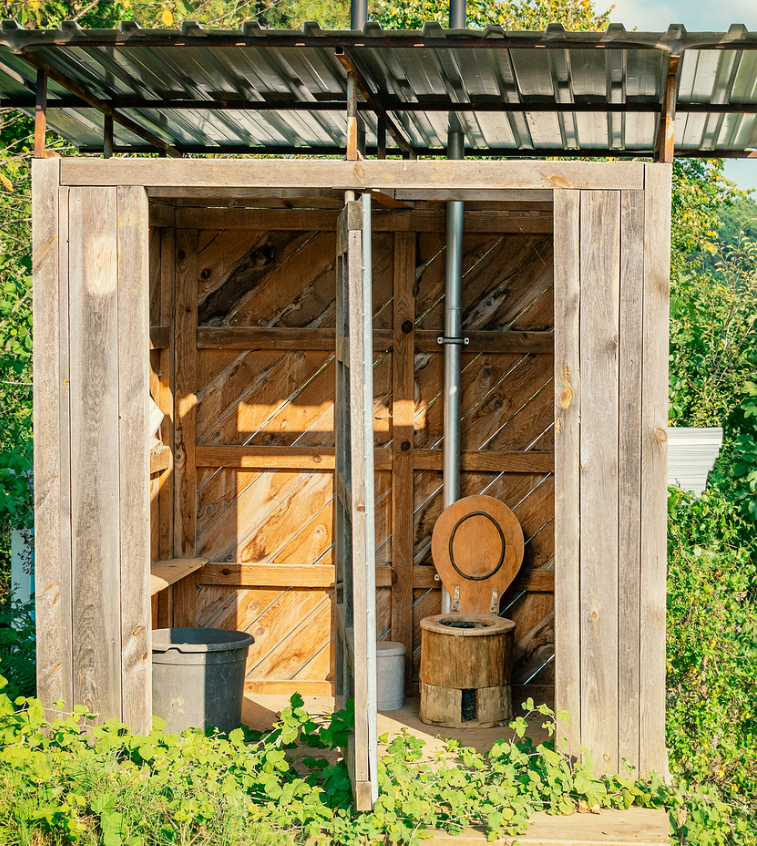News
The Composting Toilet Revolution Has Begun!
Businesses keen to do all they can to reduce their impact on the environment and start prioritising commercial water saving might want to see just how feasible it might be to put a composting toilet somewhere onsite so fresh drinking water doesn’t have to be used for the flush.
It seems that this could in the near future be a new way to live life, with the Guardian reporting that a composting loo revolution appears to have begun.
These products work by treating human waste in the same way as any other organic matter, with liquid waste diverted out of a property and then filtered back into the waterways. Solids are then composted – perfect if you have a garden area and if you’re keen to save money on your water bill.
Apparently, in the UK, flushing the toilet accounts for almost one-third of domestic water consumption, with drinking-quality water used in toilets – which requires both energy and resources in order to clean it afterwards, with water treatment making up around one per cent of our greenhouse gases.
Martin Doyle, sales manager with waterless toilets company WooWoo, explained that although he used to only sell to places like allotments or golf courses with no running water or sewerage systems, he is now seeing increased demand for people who want these facilities at home for environmental reasons.
“For the first time, building regulations [from 2010] specified that compost toilets could be used in place of flushing toilets. So there are no legal hurdles in not having a flushing toilet,” he said.
And David Taylor, a roundwood timber framer for Ty Pren, an eco-build firm, explained that human manure (or ‘humanure’) could be collected by residents in apartment blocks before being removed for composting or it could possibly be processed using a methane digester, with the energy produced then used within the building.
Of course, composting toilets won’t be for everyone and if you don’t see how they could work at your place of business, don’t worry – there are other ways in which you can reduce the amount of mains water you’re using.
Water leak detection and repair is essential as this will reveal if you have leaks onsite and if any repair work is required. Even the tiniest of leaks can become problematic over time and not only increase your water bills but cause significant damage to your business premises, so prevention is always better than cure.
You could also have a water audit carried out, which is where water usage is compared with what you’re being charged for. This will then reveal any discrepancies that could lead to you being overcharged, as well as highlighting any areas where you could reduce water usage and drive down costs.
If you’d like to find out more, get in touch with the team here at H2O Building Services today.
